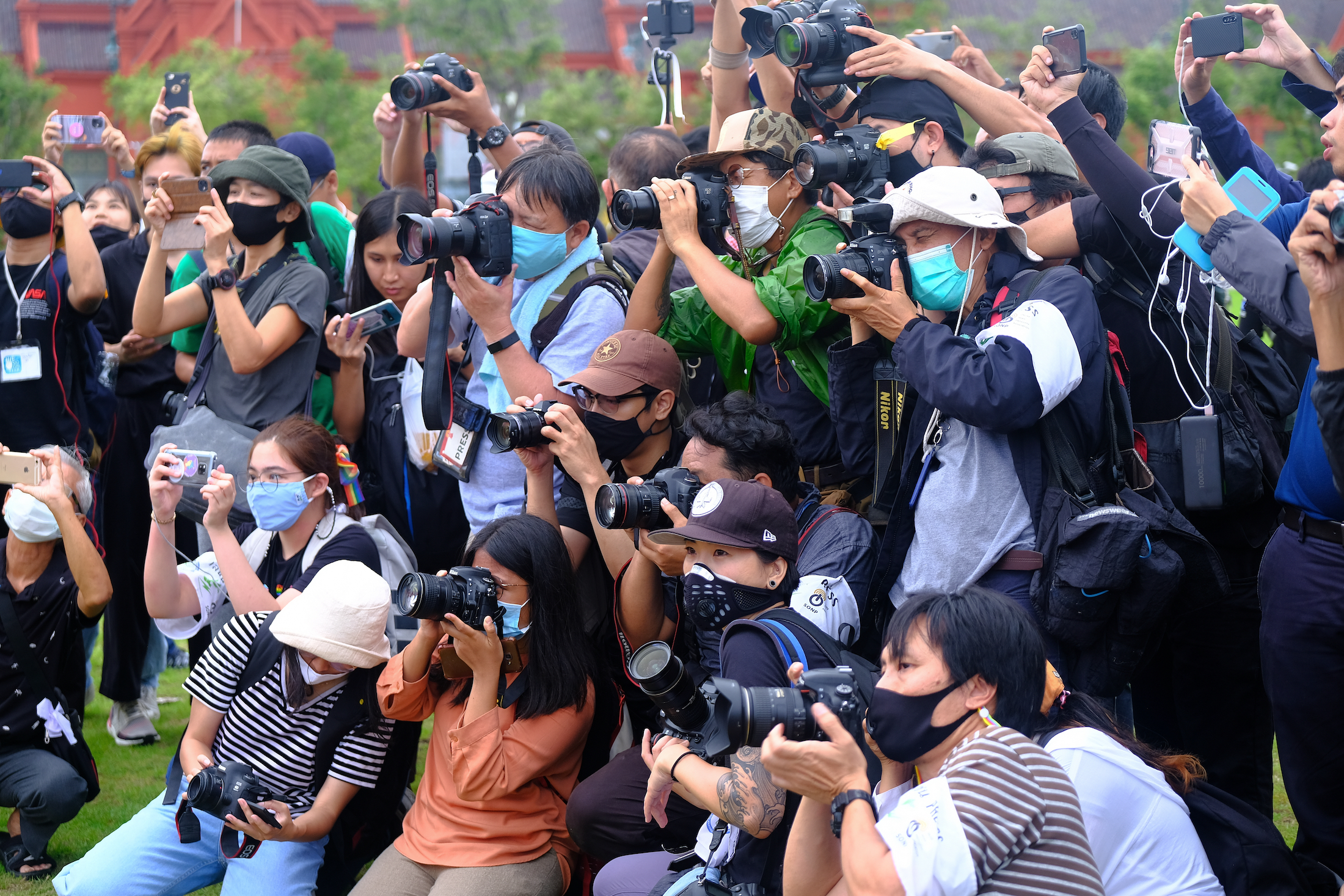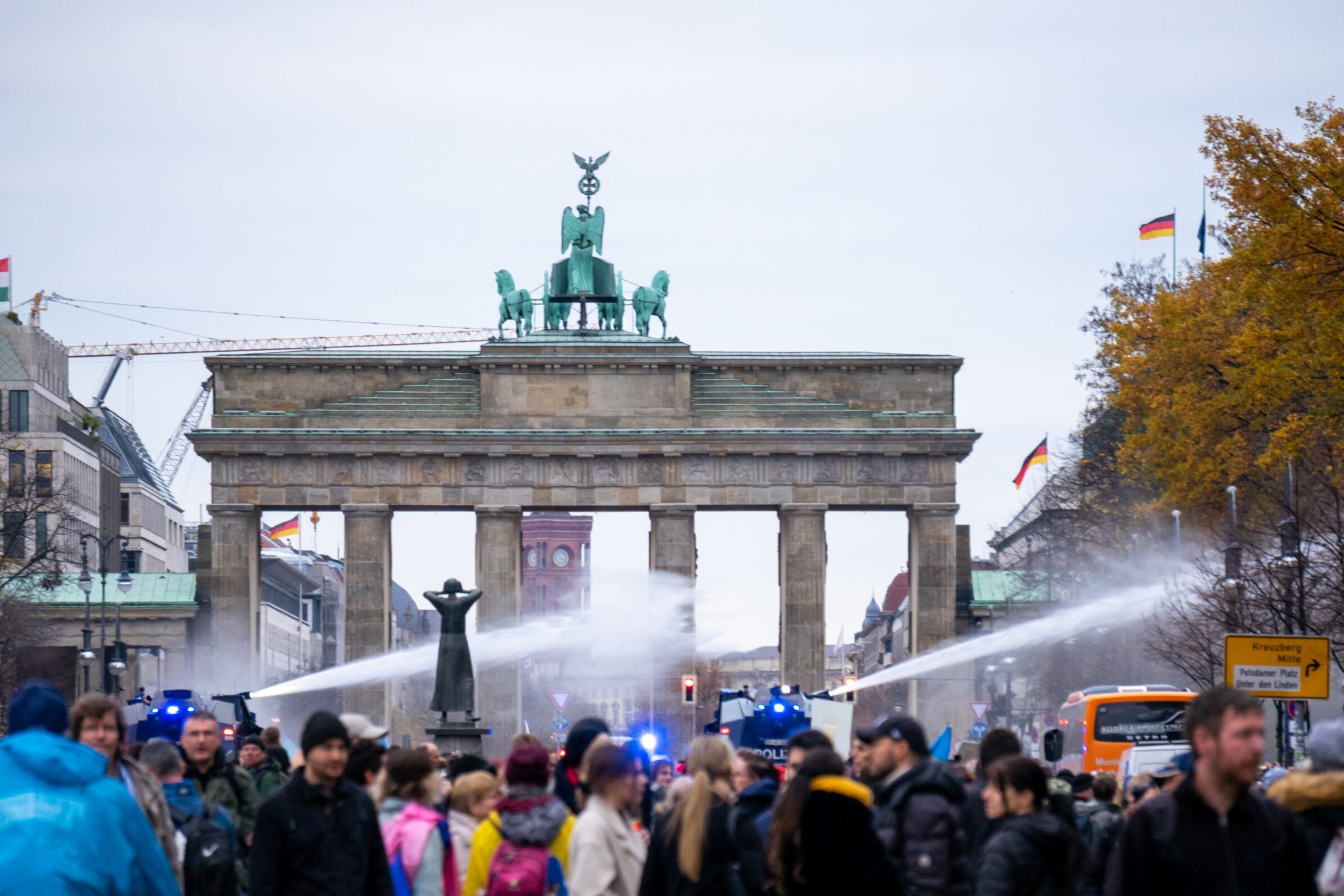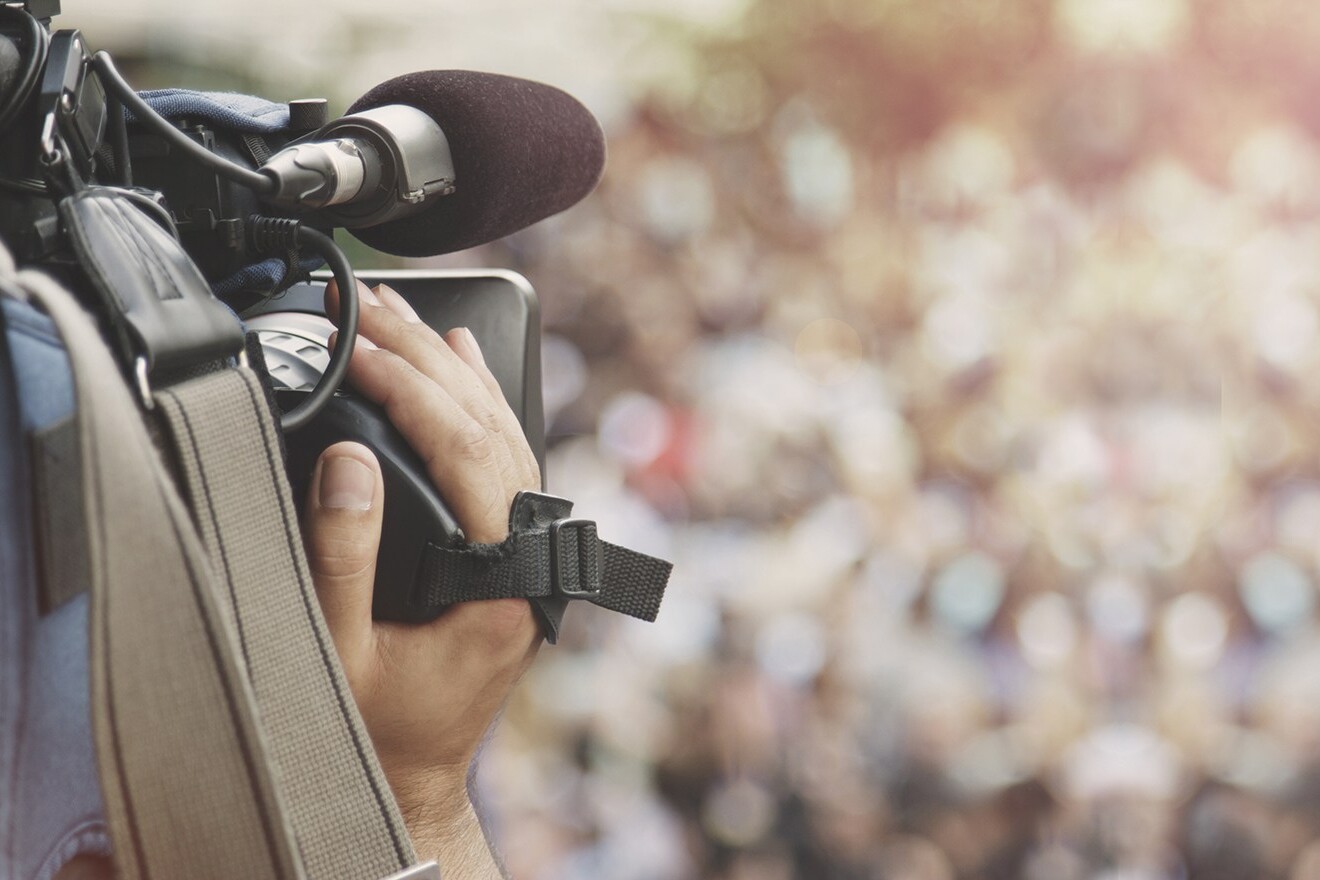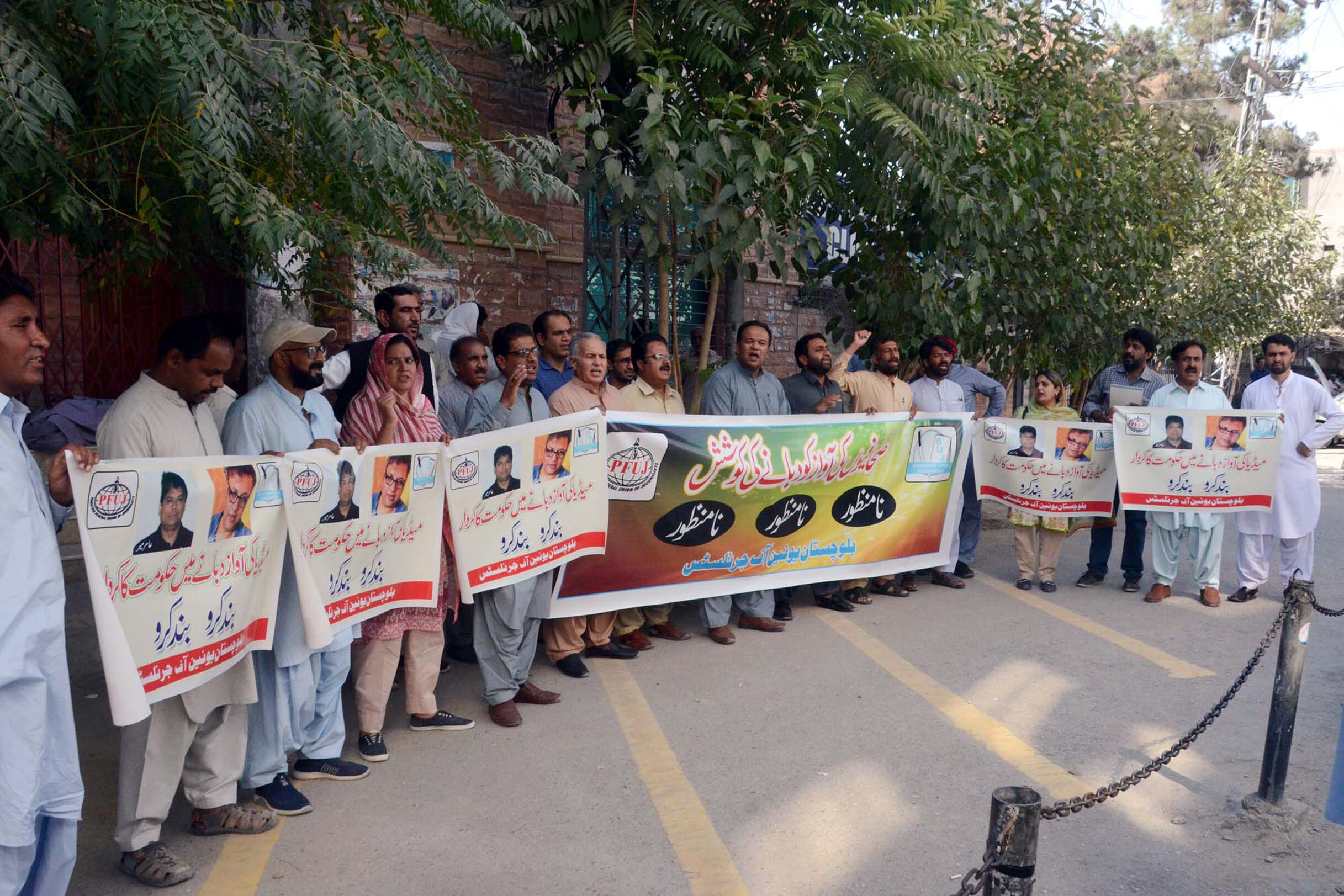While quarantine and “social bubbles” have become the new norm for reporters attending international sporting events, there are growing concerns for the safety of media workers on the ground ahead of this year’s Winter Olympics and FIFA World Cup.
Thousands of spectators, international travel, limited social distancing, and new variants – the potential dangers of reporting on major international sporting events during a pandemic are all too obvious.
On health grounds, some restrictions are inevitable and important despite the annoyance they might cause. At last year’s Tokyo Olympics, many journalists were dismayed at not being able to leave their so-called “media bubble” to report on the impact of the spectacle on ordinary Tokyoites. Instead, they were confined between hotel rooms and Olympic sites. The one exception was a socially distanced sightseeing tour to empty tourist attractions instead, according to Reuters.
Yet as initiatives to curb the spread of the virus evolve, so too do the threats facing journalist safety and in turn, the overlap between the two – as shown in the Public Media Alliance’s (PMA) recent report on the impact of COVID-19 on the media across ten countries in Southeast Asia. Such trends have already impacted sports journalists at international sporting events – more invasive measures such as GPS tracking of foreign reporters’ phones were deployed at the 2021 Olympics. Now, fears are growing that similar tactics could be used at future sporting events, particularly in countries with fewer democratic freedoms.
These include countries like Qatar – not known for its press freedom – where authorities in November arrested two journalists from Norwegian public broadcaster NRK for reporting on the poor conditions faced by migrant labourers constructing venues for the FIFA World Cup. And countries like China, the world’s leading jailer of journalists, which deported at least 18 foreign correspondents in the first half of 2020.
Throughout the pandemic, PMA has reported on numerous cases where COVID-19 has compounded the threats already facing journalists, or where public health restrictions have been used as an excuse to curb critical reporting. Now, media freedom groups are issuing safety advisories for events such as the Winter Olympics in Beijing.
Now, media freedom groups are issuing safety advisories for events such as the Winter Olympics in Beijing.
In China, news outlets already face significant challenges reporting in one of the most oppressive countries for press freedom. But they will also have to navigate stringent coronavirus restrictions. While some restrictions are undoubtedly necessary to control the spread of the virus, some see them as an additional tool that can be harnessed to further control China’s image to the outside world. Journalists have already been stymied and even harassed in their attempts to cover preparations for the games. Regardless of explicit promises to ensure a “bubble” of press freedom around the Olympics by Beijing and the International Olympic Committee (IOC), the Committee to Protect Journalists (CPJ) and Reporters without Borders (RSF) have deemed it necessary to issue advisories.
Digital security ranks high among their concerns, with CPJ advising visiting journalists not to take their personal devices; to use burner phones; to set-up secure VPNs; and to wipe all devices upon their return. They also warn journalists to assume that their hotel rooms will be under surveillance and not to download apps such as WeChat, due to their ability to collect personal data, including messages and calls.
Media workers are also advised to take note of human rights and athlete advocacy groups, who have warned that competitors could put themselves in danger by standing up for human rights or being critical of Chinese authorities. This is namely due to the vagueness of laws surrounding free speech, which can easily be used to prosecute critics.
While these latest advisories are targeted at the Winter Olympics, many aspects resonate with host countries of other major sporting events in 2022 and beyond. Whether it is the Saudi Grand Prix or the Champions League final in St Petersburg, media organisations have a responsibility to understand the threats, and put in place safeguards for their employees. On an individual level, it is imperative that journalists and media workers take note of local laws, press freedom concerns and COVID restrictions before travelling. But most importantly, in hosting such events governments must ensure that journalists are able to report freely and independently, without fear of reprisals.
Header Image: Nordic ski skier on the track in winter – sport active photo with space for your montage – Illustration picture for winter olympic game in pyeongchang 2018. Credit: kovop58/shutterstock.com
Related Posts
19th January 2022
Report: Impact of Covid-19 on media in Southeast Asia
A research report into the key impacts…
19th January 2022
New flyer released to help protect German journalists
A flyer was distributed to security…
17th January 2022
Pakistan: Journalists face Contempt of Court charges
Journalists face contempt charges for…



